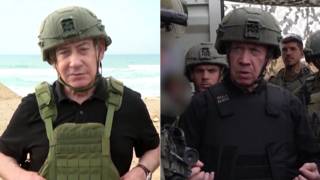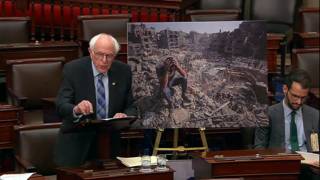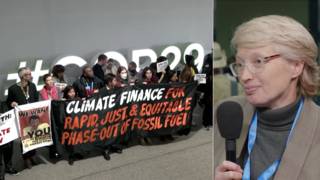
Earlier today United Nations weapons inspectors completed their first field visit in Iraq in four years.
One group of inspectors drove to a large military compound in an eastern suburb of Baghdad to search for missiles, chemical and biological weapons. A second group, a team from the International Atomic Energy Agency, went to a small industrial complex northeast of Baghdad to investigate Iraq’s nuclear facilities. Up to 200 inspectors are expected to soon spread out over Iraq in search of mobile laboratories, underground factories and other signs of banned Iraqi weapons production.
Under the terms of the resolution, Baghdad has until December 8 to produce a list of any nuclear, chemical or biological weapons in its arsenal–the accuracy of which weapons inspectors will be to verify. On top of the evidence inspectors collects, chief weapons inspector Hans Blix has told Baghdad that it must provide “convincing” proof that it no longer has weapons of mass destruction. The Iraqi leadership has denied possessing any such weapons.
The inspections begin a week after the Senate passed the Iraq Scientists Immigration Act of 2002 to offer a fast track to American citizenship for Iraqi scientists willing to blow the whistle on Saddam Hussein’s alleged weapons of mass destruction.
Today we¹ll talk to a former Iraqi nuclear scientist who worked for 30 years at Iraq¹s Atomic Energy Commission. His name is Imad Khadduri. He left Iraq in 1998. He is now a professor at Seneca College in Canada.
Khadduri published an article last week on the news website YellowTimes.org titled “Iraq’s Nuclear Non-capability.” It began:
“As the war storm against Iraq swirls and gathers momentum, seeded by the efforts of the American and British governments, serious doubts arise as to the credibility of their intelligence sources, particularly the issue of Iraq’s nuclear capability. It has been often noted that reliable intelligence on this matter is not immediately forthcoming. Moreover, such intelligence as has been presented is spurious and often contradictory. Perhaps it is not too late to rectify this misinformation campaign.
“I worked with the Iraqi nuclear program from 1968 until my departure from Iraq in late 1998. Having been closely involved in most of the major nuclear activities of that program, from the Russian research reactor in the late sixties to the French research reactors in the late seventies, the Russian nuclear power program in the early eighties, the nuclear weapons program during the eighties and finally the confrontations with U.N. inspection teams in the nineties, it behooves me to admit that I find present allegations about Iraq’s nuclear capability, as continuously advanced by the Americans and the British, to be ridiculous.”
Guest:
- Imad Khadduri, former Iraqi nuclear scientist who worked for the Iraqi Atomic Energy Commission from 1968 until 1998. He left Iraq in 1998 to move to Canada where he now teaches at Seneca College.
Related link:
- Iraq’s Nuclear Non-capability Imad Khadduri article in YellowTimes










Media Options